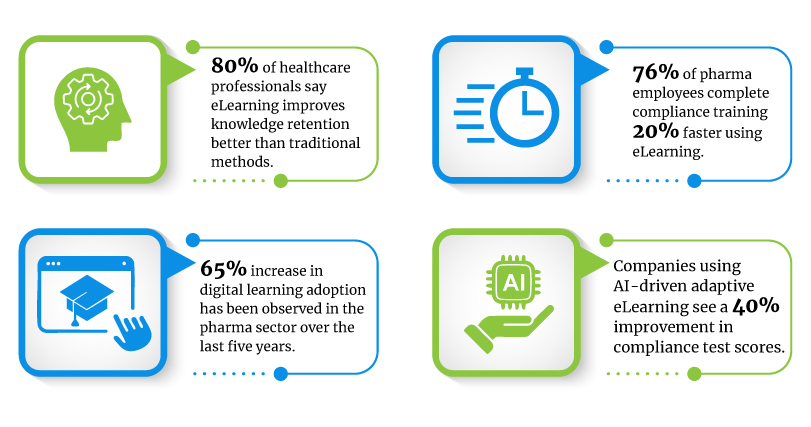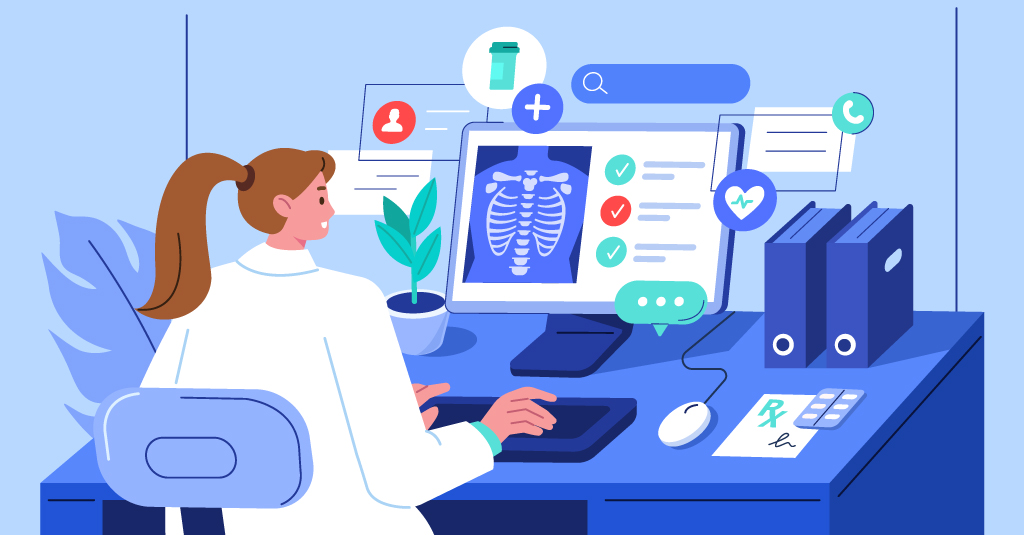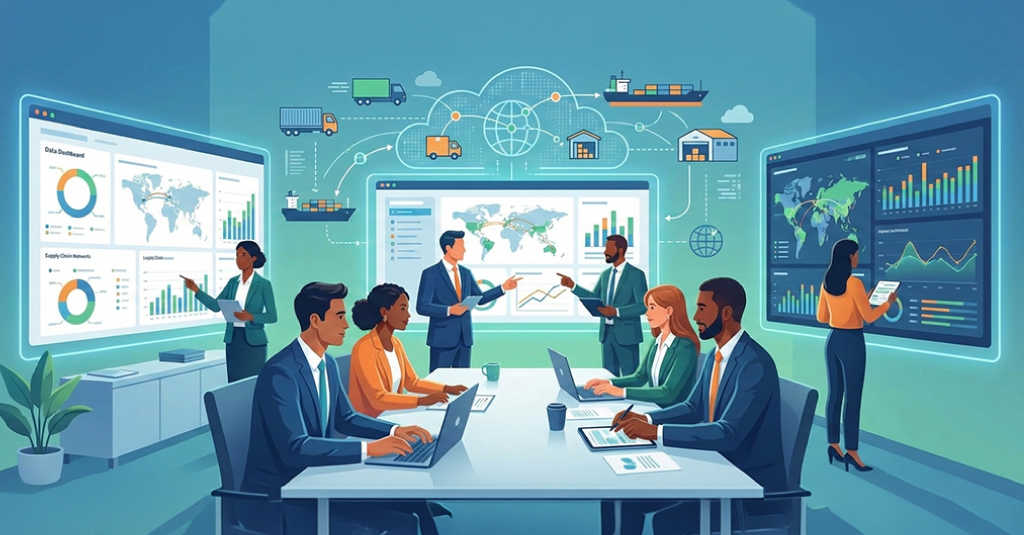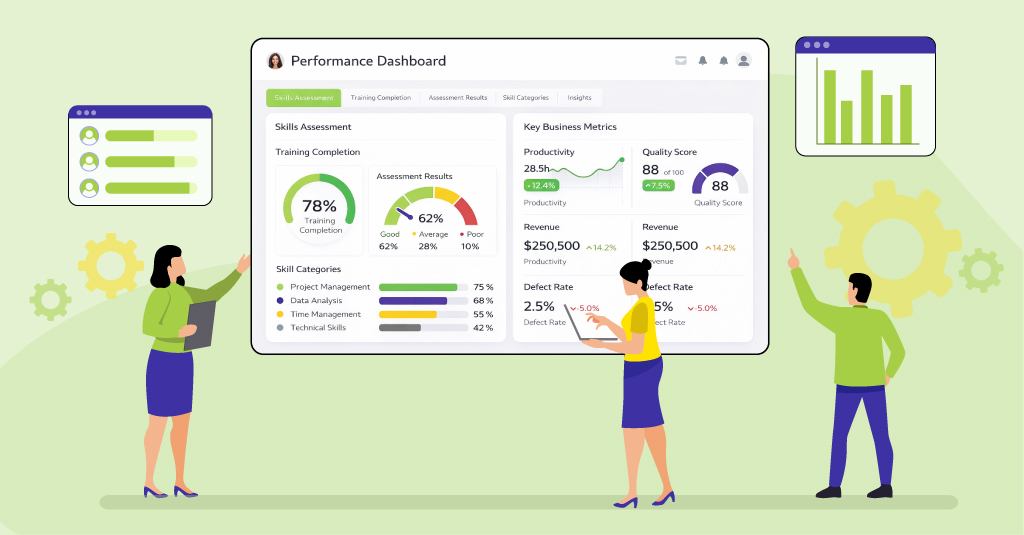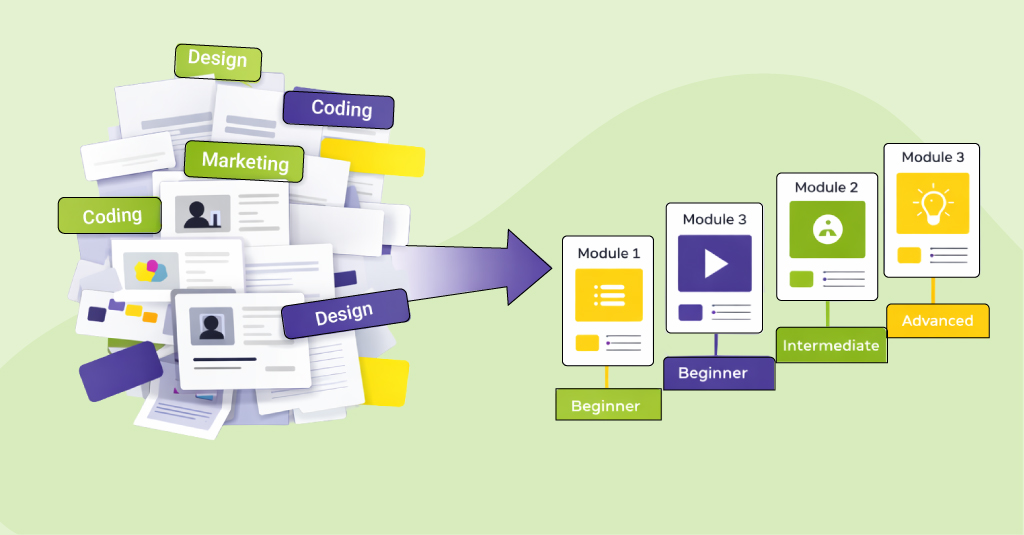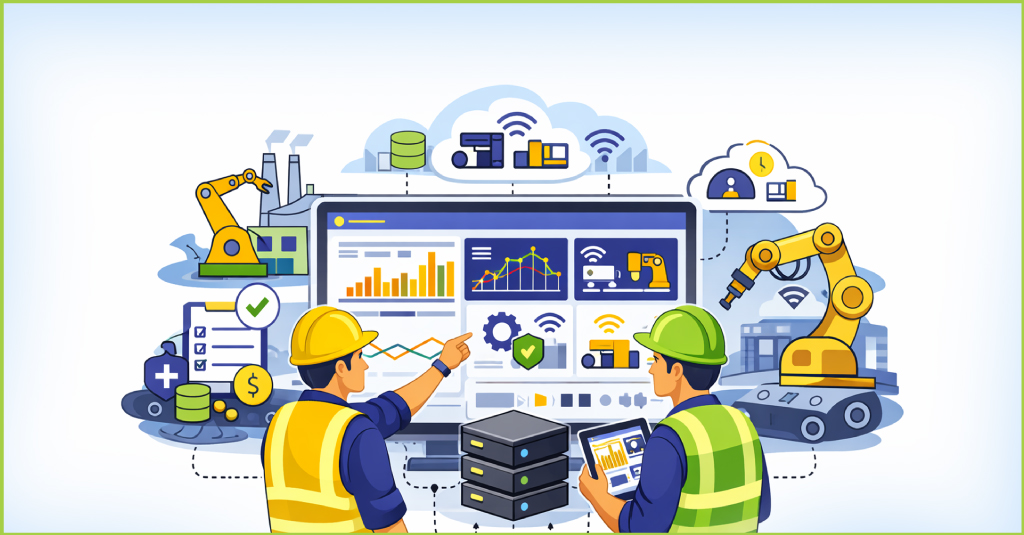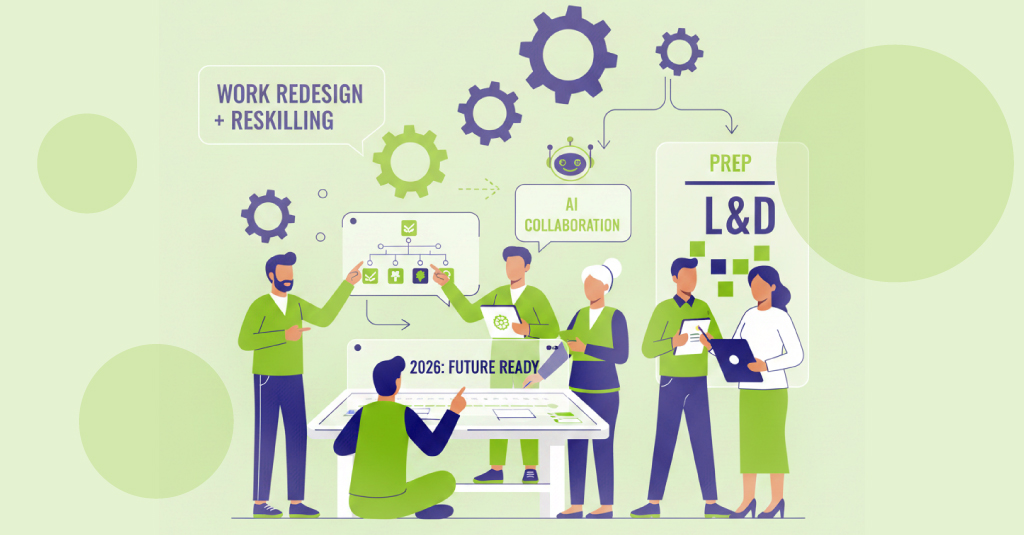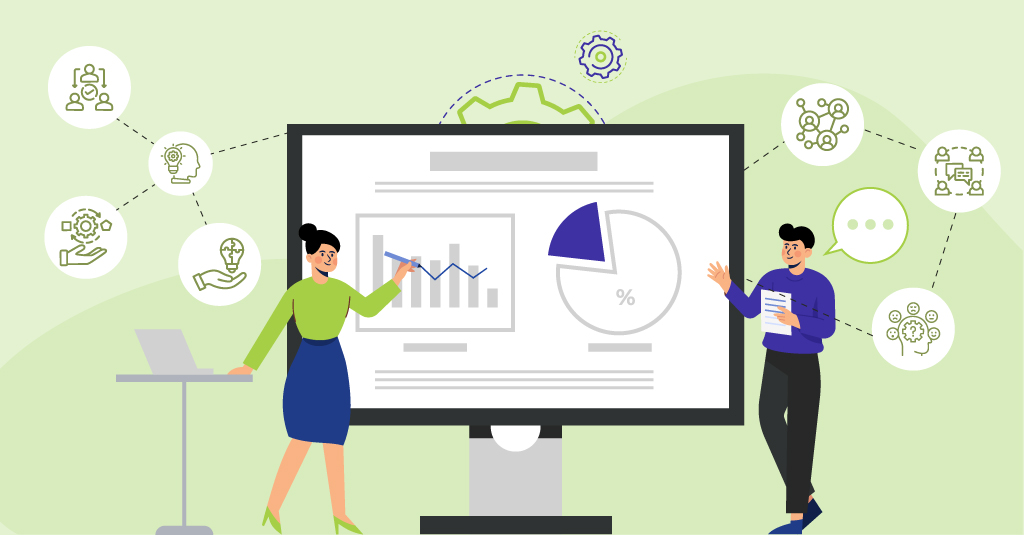Another difficulty is that the sector has a wide range of learning requirements. Regulatory teams, sales reps, R&D specialists, and medical experts all need customized training methods catered to their particular tasks. In addition, healthcare workers frequently have limited time for learning due to their demanding work schedules, therefore they want training solutions that are mobile-first and adaptable. The need of successful training is further highlighted by the high regulatory stakes, as non-compliance can result in product recalls, legal problems, and harm to one’s image.
The move to digital learning solutions is not only a fad; rather, it is a shift in the sector that is producing quantifiable outcomes. According to research, 83% of healthcare firms say that using digital training has increased labor productivity. After using AI-driven learning systems, 65% of pharmaceutical businesses reported a 35% decrease in training expenses. Pharma sales teams’ knowledge retention has increased by 22% as a result of simulation-based learning, while compliance training completion rates have increased by 47% thanks to microlearning modules. Furthermore, research shows that when compared to conventional training techniques, virtual reality (VR) training for medical operations can improve accuracy by 230%.
Digital learning by the pharmaceutical and healthcare sectors was generally compliance training. Businesses are using eLearning to increase productivity among their employees, improve patient care services, and win the competition, though not forgetting the significance of following rules.
Medical errors already claim the lives of about 250,000 people in this country alone every year, making them the leading cause of deaths. Therefore, proper and effective training to reduce hazards and create safety in this field is important. VR-based surgical training allows doctors to practice procedures in a risk-free environment, leading to higher precision and fewer errors. AR technology accelerates the discovery of medication through the observation of complex molecular interactions by pharmaceutical researchers. Meanwhile, simulation-based nursing programs enhance the ability to make decisions by simulating real-life emergency scenarios, thereby ensuring medical personnel are better prepared in response to life-threatening situations.
Strong client connection abilities and in-depth product knowledge are essential in the extremely dynamic environment in which pharmaceutical sales teams work. Complex scientific material, changing market dynamics, and regular product changes are frequently too much for traditional training approaches to handle. By detecting individual knowledge gaps and providing tailored learning experiences, AI-driven adaptive learning solutions are revolutionizing sales training and cutting ramp-up time by 40%. Representatives may practice real-world discussions using scenario-based selling simulations, which improves their ability to handle objections. Field sales representatives get immediate access to vital product knowledge thanks to on-the-go microlearning modules, which increases the effectiveness and accessibility of training.
The level of product knowledge among internal teams, sales representatives, and medical affairs specialists is critical to a new drug’s successful introduction. To guarantee that staff members are knowledgeable about the drug’s characteristics, advantages, and legal requirements, a thorough training program is necessary. Teams become market-ready 45% faster thanks to digital training solutions that drastically cut down on the time needed for new medication launch training. Learner engagement data is analyzed by AI-powered learning platforms to find gaps and improve content delivery. Training is still available in a variety of contexts, including conferences, the lab, and meetings with healthcare professionals, thanks to multi-device learning choices.
The ever-changing regulatory standards necessitate ongoing training for compliance and regulatory staff. Since non-compliance can have serious financial and legal repercussions, organizations must implement continuous learning initiatives. Gamified compliance training has been shown to improve learning efficacy and memorability by increasing engagement by 60%. AI-driven training analytics reduces the likelihood of audit failures by enabling real-time tracking of compliance fulfillment. Workers are better equipped to remember material and stay up to date on regulatory changes when they get adaptive compliance training tailored to their specific job duties.
Internationally operating pharmaceutical and healthcare organizations frequently find it difficult to deliver consistent training in a variety of regions. By providing multilingual and culturally appropriate training materials that guarantee uniformity while honoring regional variations, eLearning solutions tackle this issue. Employees in different time zones can now access training more easily thanks to mobile-friendly learning experiences, which guarantee ongoing skill development wherever they are. By adapting information to comply with national norms and compliance standards, AI-powered localization technologies further increase the efficacy of training. A major pharmaceutical business reduced compliance risks and increased overall efficiency by implementing AI-driven global training solutions, which resulted in a 60% improvement in knowledge consistency across markets.
Automation, artificial intelligence, and immersive technology will influence worker training in the sector going forward. Businesses that make investments in next-generation learning solutions will see improvements in knowledge retention with spaced learning approaches, real-time performance tracking with predictive analytics, increased workforce engagement through gamification and AR/VR, and quicker upskilling and onboarding. The use of cutting-edge learning technology will be essential to retaining a workforce that is knowledgeable and prepared for the future as digital transformation picks up speed.
Our expertise in regulatory and compliance training helps businesses reduce risks and expedite compliance procedures. We optimize training expenses while improving worker performance using mobile-first and microlearning solutions. With more than two decades of expertise, Upside Learning provides training solutions that are digitally first and have quantifiable effects. Our solutions guarantee that your team is informed, equipped, and ready for the market, whether you require immersive learning experience, compliance training, or training for the introduction of a new product.
The pharmaceutical and medical sectors require accuracy, knowledge, and ongoing education. Training needs to stay up with changes in rules and scientific advancements. eLearning is today more than simply a way to digitize training; it is an important tool that boosts productivity, increases retention of information, and eventually leads to better patient outcomes and commercial success. In addition to staying ahead of legal obligations, organizations that use contemporary digital learning solutions will cultivate a workforce that is highly aware, talented, and prepared for the future.

